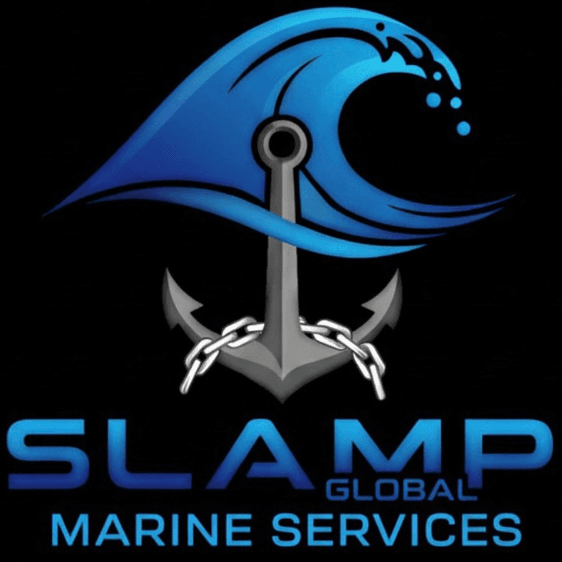Myth-Busting: Common Misconceptions About Marine Logistics
SG
Understanding Marine Logistics
Marine logistics is a vital component of global trade, yet it is often misunderstood. This complex industry involves the planning, implementation, and management of the movement of goods by sea. Let's debunk some common misconceptions and shed light on the true nature of marine logistics.

Myth 1: Marine Logistics is Just About Shipping
Many people believe that marine logistics is solely about shipping goods from one port to another. While shipping is a critical element, marine logistics encompasses much more. It involves coordination of transportation, warehousing, inventory management, and supply chain integration. Professionals in this field ensure that goods move efficiently and safely across international waters.
Myth 2: It's All About Large Ships
Another misconception is that marine logistics only involves massive container ships. In reality, the industry is diverse, utilizing various types of vessels, including bulk carriers, tankers, and smaller feeder ships. Each plays a unique role in transporting different types of cargo, whether it’s grains, oil, or manufactured goods.
Complexities of Marine Logistics
Marine logistics is not a straightforward process. It requires meticulous planning and the coordination of multiple stakeholders, including shipping lines, port authorities, customs, and logistics service providers. This complexity ensures that goods are delivered on time and in perfect condition.

Myth 3: It's an Outdated Industry
Some people perceive marine logistics as an outdated industry, stuck in the past. This couldn't be further from the truth. The sector is at the forefront of technological advancements, leveraging innovations like automation, blockchain, and data analytics to improve efficiency and transparency.
Myth 4: Sustainability is Not a Focus
There's a belief that marine logistics is behind in sustainability efforts. However, the industry is actively working towards reducing its environmental impact. Initiatives include the use of cleaner fuels, energy-efficient technologies, and sustainable practices to minimize carbon emissions.

The Role of Technology
Technology plays a crucial role in modern marine logistics. From real-time tracking systems to advanced route optimization software, these tools help streamline operations and reduce costs. The industry continues to evolve, embracing digital transformation to meet the demands of a global economy.
Myth 5: It's a Slow-Moving Industry
People often assume marine logistics is slow-moving and inflexible. On the contrary, it is a dynamic field that adapts quickly to changes in market demand, geopolitical shifts, and technological advancements. The agility of marine logistics allows it to support global trade efficiently.
In conclusion, marine logistics is a multifaceted and innovative industry that plays a critical role in global commerce. By dispelling these myths, we can better appreciate the complexities and innovations driving this essential sector.
